Last Updated on November 29, 2025 by Emma Fajcz | Published: November 21, 2018
When it comes to Portuguese food, there’s plenty to talk about – and pretty much every dish on a typical restaurant menu has an interesting backstory.
At Devour Lisbon, these stories are our bread and butter. Eating and talking about (and eating some more) Portuguese food is one of the best things to do in Lisbon, hands down. And it’s impossible to talk about Portuguese food without mentioning the cultural exchange and influences behind it – which brings us to these fascinating Portuguese food facts.
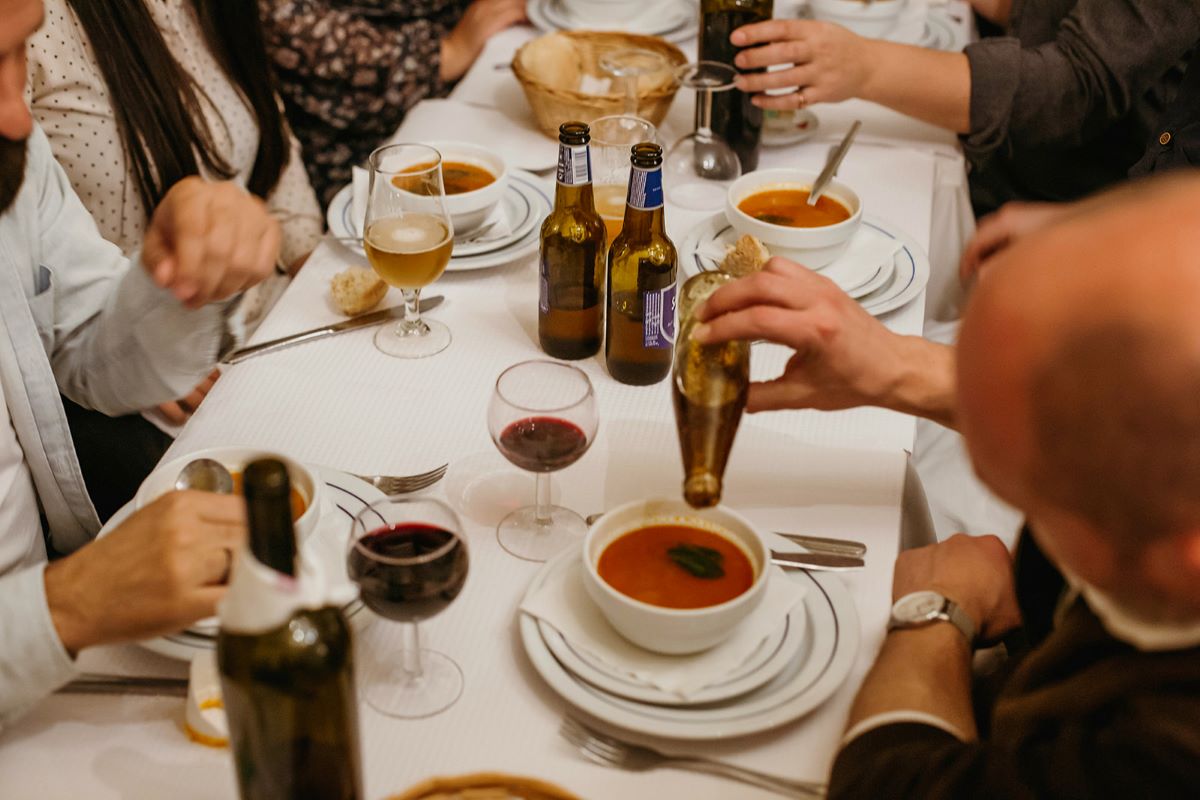
The 10 most interesting Portuguese food facts
Salt cod isn’t actually from Portugal
You might be surprised to learn that one of the most famous ingredients in Portuguese cuisine, bacalhau, doesn’t come from Portugal. Because this fish isn’t native to Portuguese waters, nearly all of the cod consumed here is imported from other countries (mostly Norway).
Bacalhau became part of the national diet during the so-called “Age of Discovery,” which began in the 15th century. Portuguese explorers encountered cod and brought it back to Portugal – partly because it was very easy to salt, dry, and preserve during the journey.
Salt cod soon became a sensation, and today it’s one of the most iconic elements of Portuguese culinary culture. There’s a seemingly infinite number of recipes for it, including the classic bacalhau à Brás, which combines it with eggs, olives, and crispy potato sticks.
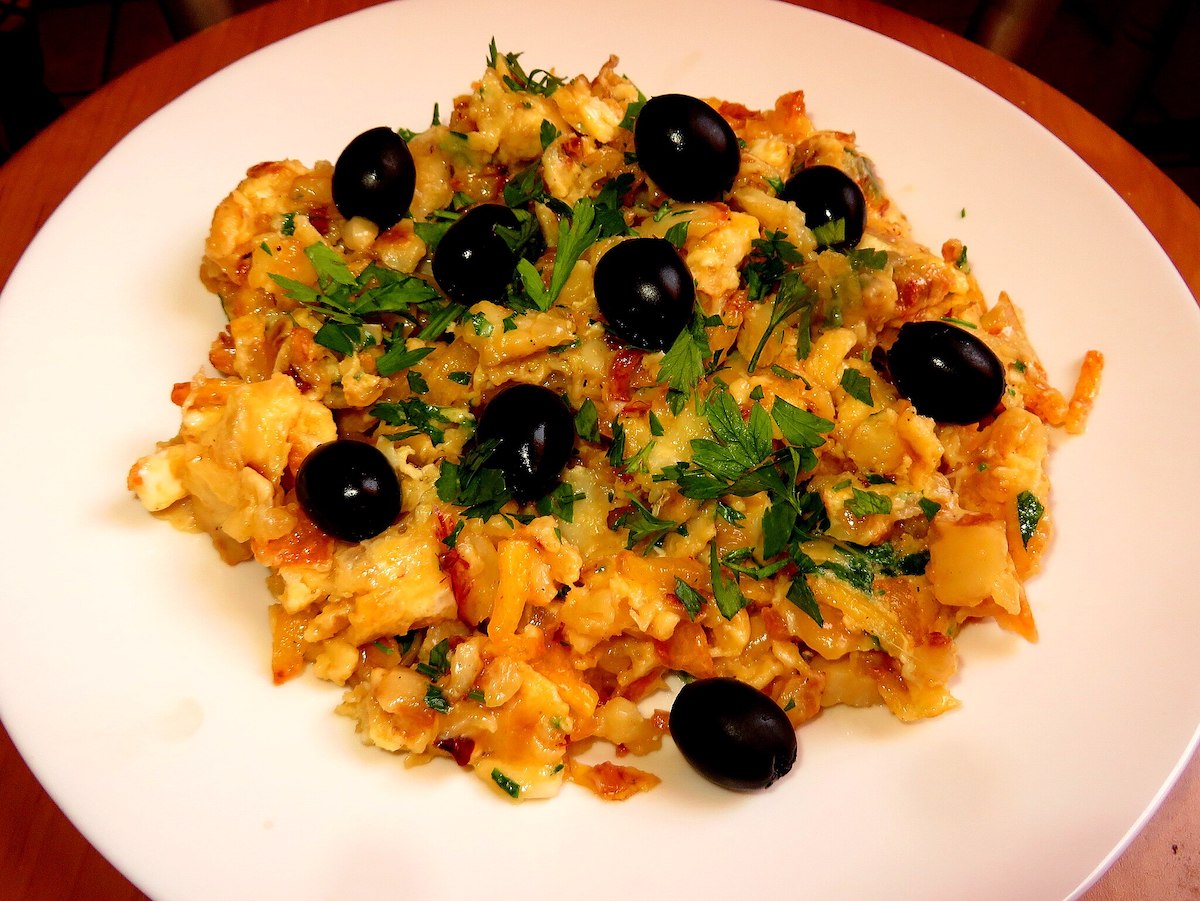
Pastéis de nata don’t contain cream
Although nata is the Portuguese word for cream, none is actually used when baking the delicious little custard tarts known as pastéis de nata.
Only milk, sugar, eggs, and spices go into the custard. To keep them crisp on the outside and creamy on the inside, the pastries are baked at a very high temperature for a short period of time.
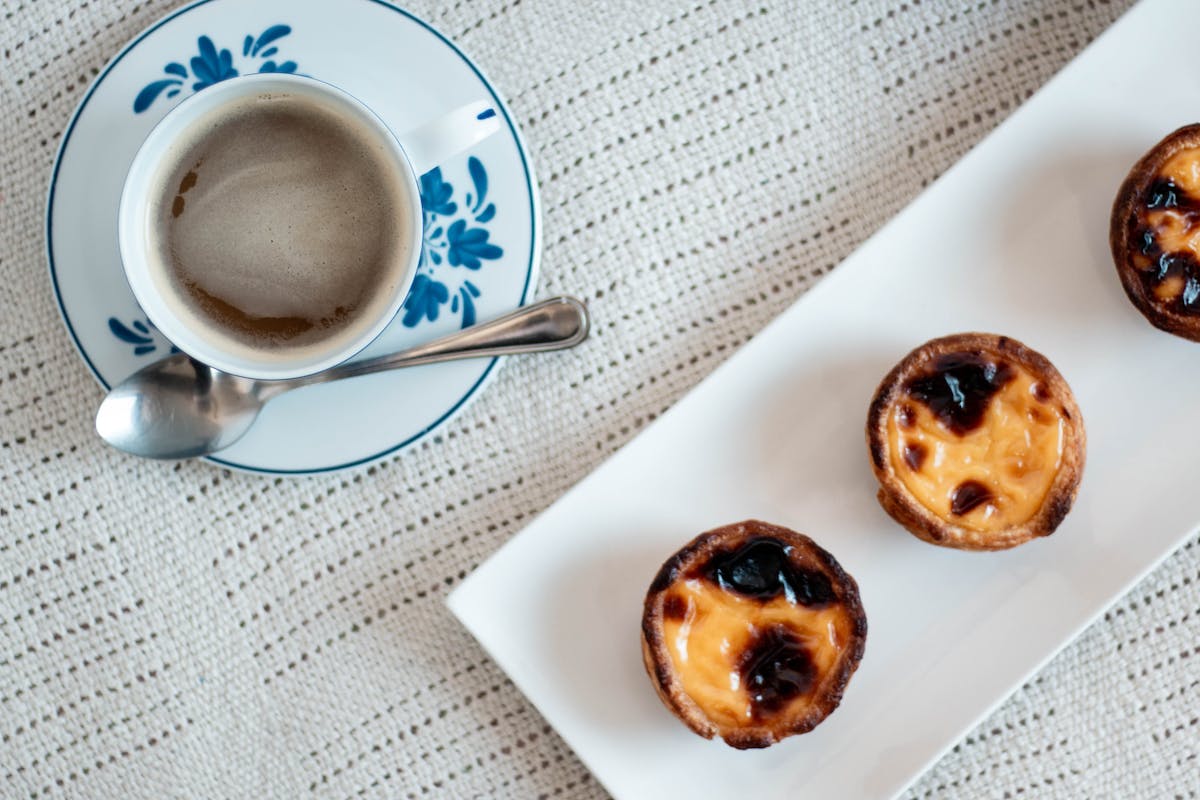
Afternoon tea was originally a Portuguese habit
When the Portuguese princess Catarina de Bragança married the English King Charles II in 1662 and moved to England, she carried tea leaves in her luggage.
The only Portuguese royal to ever become Queen of England, she would go on to completely change British culture with her habit of drinking tea and eating cakes in the afternoon.

Europe’s largest tea plantation is on a Portuguese island
Speaking of tea, the island of São Miguel in the Azores is home to the biggest tea plantation in Europe. Five generations of entrepreneurs have been running Fábrica de Chá Gorreana since 1883, producing over 40 tons of tea a year.
If you’re looking for the perfect Lisbon souvenir, take home a bag or tin of Lisbon Breakfast: a custom-made blend produced by Companhia Portugueza do Chá that includes Portuguese black tea.

“Green wine” isn’t really green
If you expect to see an emerald-green liquid in your glass when you order vinho verde (which literally translates to “green wine”), you’ll be disappointed.
The name actually refers to age, not color; this slightly sparkling wine undergoes a very short fermentation time, meaning it’s unusually young (or “green”). It’s light and fruity, best served chilled, and perfect to pair with petiscos or fish on a hot summer day.
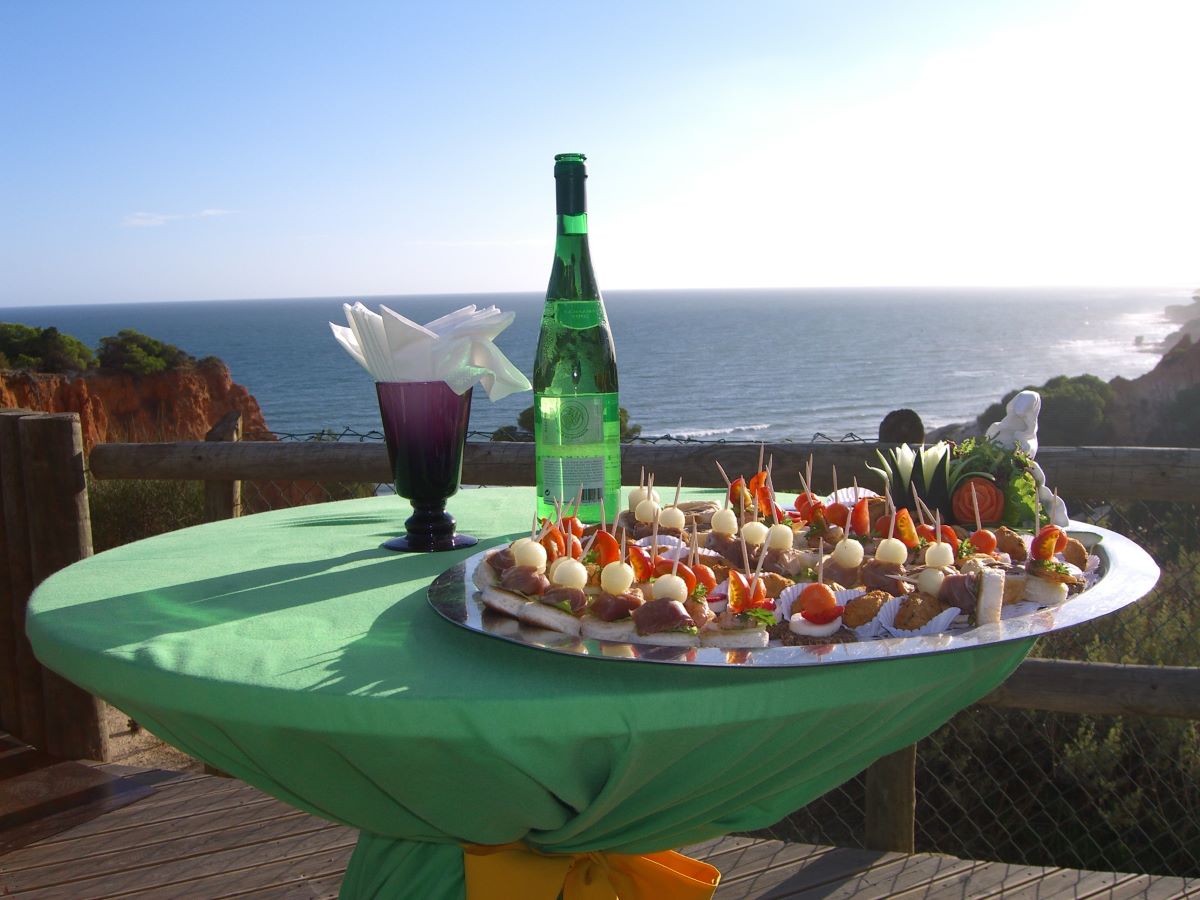
Alheira isn’t what it looks like
Portugal has a thing for enchidos (cured meats), and one of the most common varieties is alheira. But although it may look like your average pork sausage, it’s actually made with poultry, bread crumbs, and plenty of garlic.
Confusing, right? As it turns out, that’s kind of the point. Alheira was invented in Portuguese Jewish communities to avoid persecution during the Inquisition in the 16th century. While many Jews fled Portugal, others decided to stay and pretend they had converted to Catholicism.
At the time it was a common practice to hang pork sausages from the ceiling of one’s house – but their religious beliefs prohibited the consumption of pork. So they created alheira, which looked just like other Portuguese sausages but didn’t contain any pork, and hung it in their windows to blend in and make it look like they’d renounced their religion.
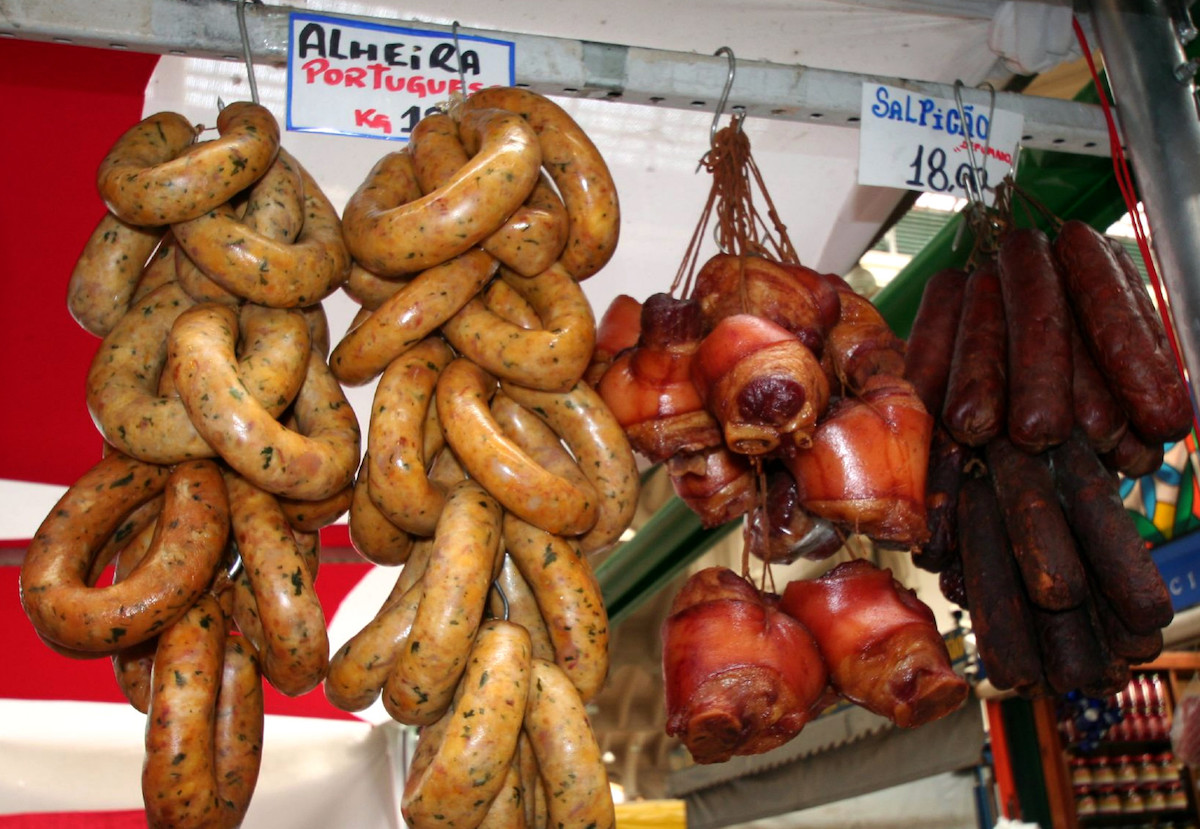
Portugal’s craft beer scene is new – but thriving
Until relatively recently, there weren’t many options when it came to Portuguese beer. If you ordered an imperial (draft beer) in Lisbon, you’d usually have a choice between Sagres and Super Bock.
At many bars, these mass-produced brews were the only options. And although they still are in some places, today Portugal’s craft beer scene is booming.
Now you can visit creative artisanal breweries all over Lisbon and beyond, including the beloved Musa, Dois Corvos, A.M.O., and many more. There are also plenty of craft beer bars where you can find a wide range of domestic and international bottles.
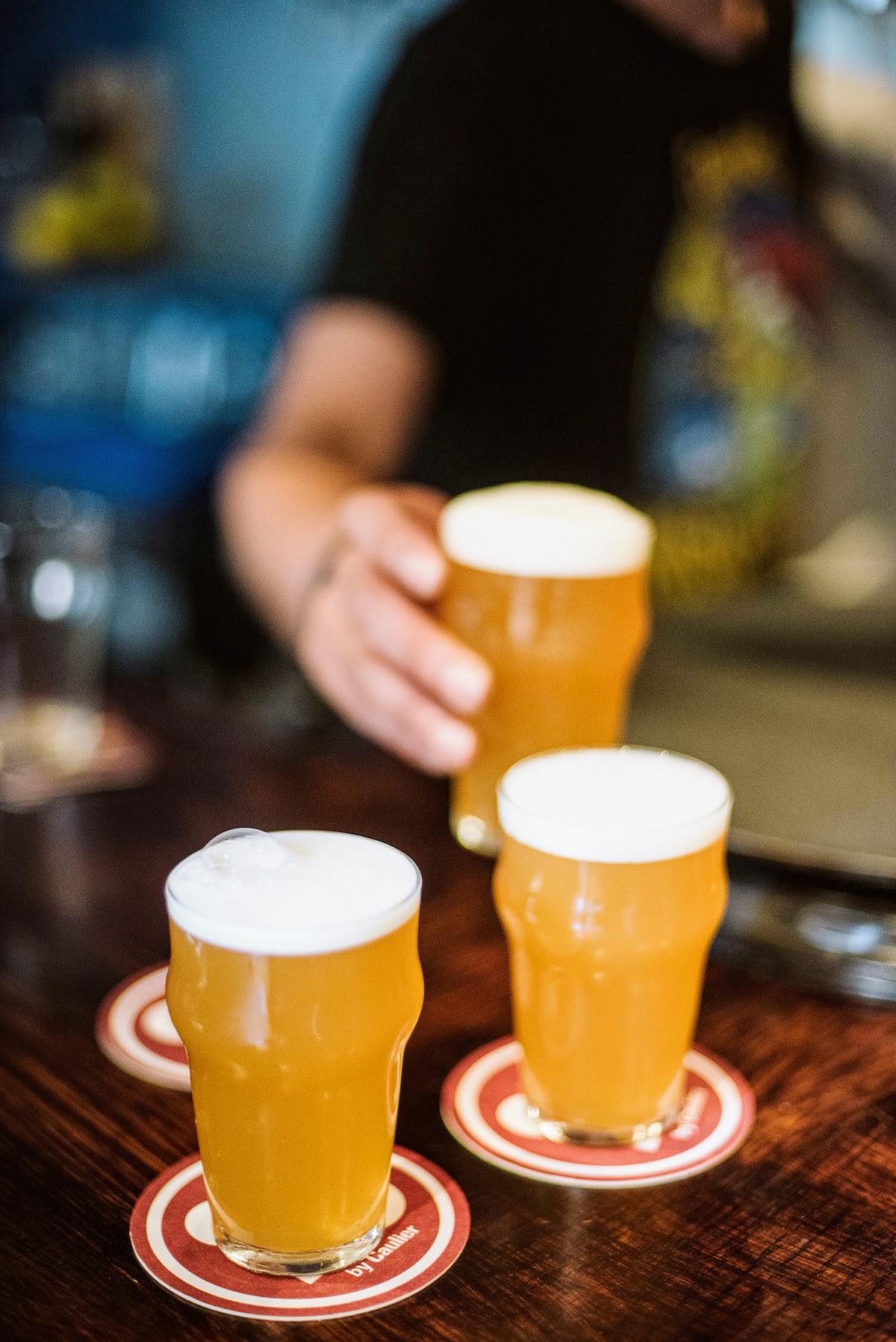
You can find great Portuguese wine at supermarkets
In Portugal, finding a decent bottle of wine for just a few euros is as easy as going to the nearest supermarket. You don’t need to seek out a specialty shop or splurge on the most expensive option to get a high-quality wine, as long as you know what to look for.
A few guiding rules: go for a bottle, not a box; choose one with a cork, not a plastic cap; and when in doubt, look for the “DOC” acronym on the label. It stands for Denominação de Origem Controlada and is the highest possible classification for Portuguese wines.
Not ready to commit to a bottle just yet? There are plenty of Lisbon wineries where you can get acquainted with the best Portuguese wines.
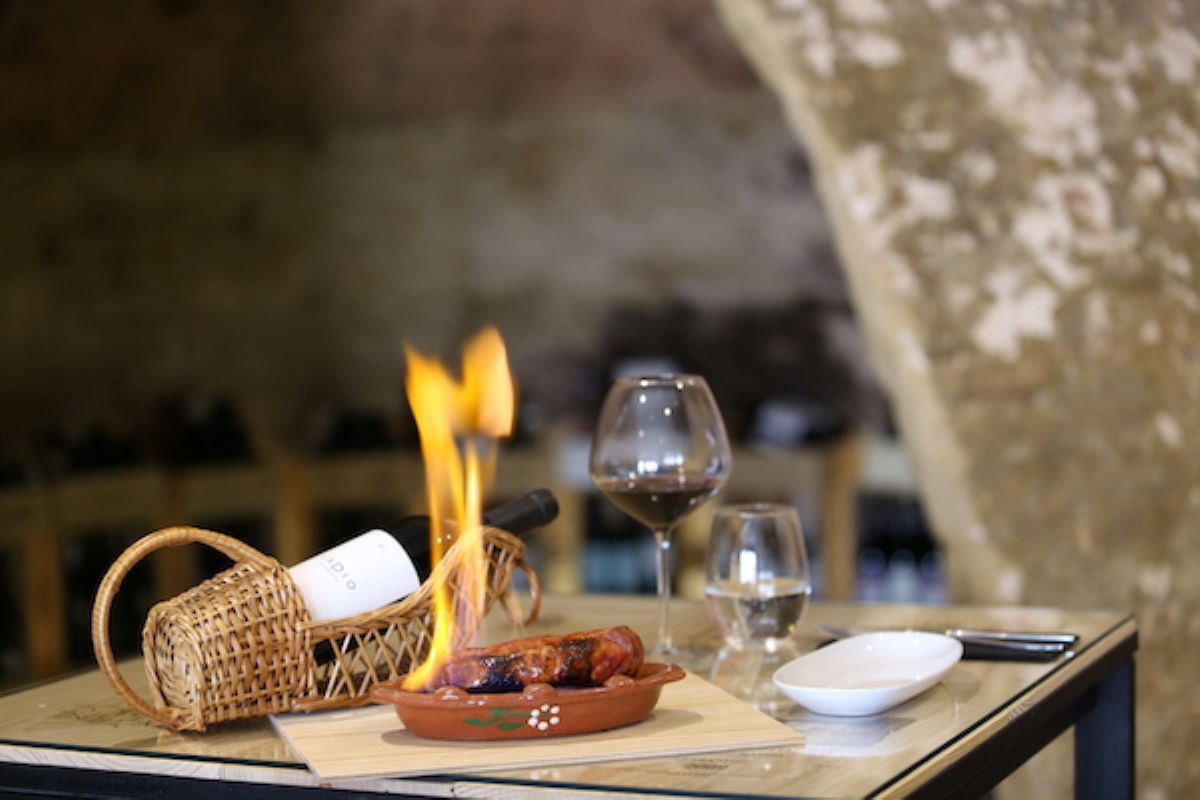
Starters at restaurants are a (paid) habit
At most traditional Portuguese restaurants, the waiter will put bread, olives, and cheese on the table soon after you sit down. You might assume they’re complimentary, considering the fact that you didn’t order them, but you’ll be charged for whatever you eat.
These simple appetizers usually cost just a few euros, so many people don’t mind. But if you don’t want them, feel free to send them back.
You could say no to the bread, but it’ll complement your lunch well.
Portuguese food is incredibly diverse
Like many of the world’s most delicious cuisines, Portuguese food is a multifaceted combination of many cultures. It’s Mediterranean at heart, but clearly distinct from the food you’ll find in Spain, Italy, or Greece.
The bacalhau comes from Norway; the famous piri piri has its roots in Mozambique; and even olive trees were originally introduced by the Romans.
Of course there are plenty of traditional dishes that originated right here in Portugal, but without all the diverse cultural influences that have converged and commingled over the centuries, Portuguese cuisine wouldn’t be what it is today.
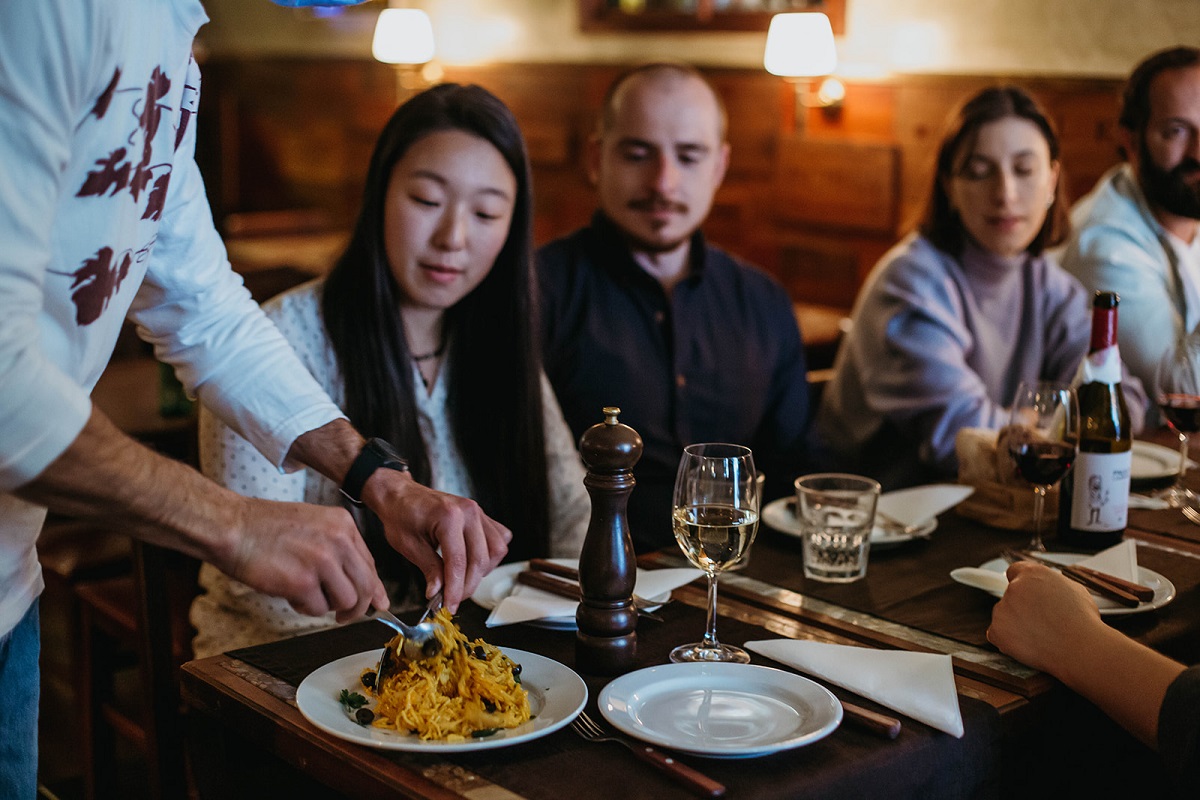
As you can see, we love anything and everything that has to do with Portuguese food, and we want to share the love. If you found these Portuguese food facts interesting, check out our Tastes & Traditions of Lisbon Food Tour, where we’ll show you some of our favorite foodie spots in town and provide insider info on how to eat like a local – the kind of stuff you won’t find in any guidebook!
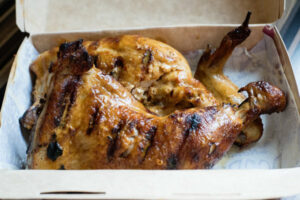









Very interesting about foods as you said portuguese cuisine is not portuguese . if u go by history then most countries doesnt belong to the actual country lisbon down was moorish. So is all united states. English. French mexican
Isn’t it so interesting to see what the history of foods and ingredients tells us about the history of a place?
Portuguese food is the best and Portugal is amazing
Couldn’t agree more, Liseta! Thanks for reading!
All the food and comments are true .just do not understand why why Lisbon only ….
Do you find the best american food in DC? Or french in Paris? There are a lot other popular and portuguese foods thru all the country and as it is not very big you travel a few km and the food and taste as well as the wine is totally different.. A lot more than what you found in Lisbon. Try it
Thanks for reading, Fausto! We focus on Lisbon because that’s where most of our readers are visiting, but couldn’t agree more that Portugal as a whole has some seriously incredible food!
Informative post! We recently got our Portugal Visa UK and we were in full swing when it came to preparing our travel itinerary. We finalized all the destinations that we wanted to visit and the fun activities that we would like to do. But your blog gave us a new perspective in Portuguese food. We’re glad to have come across your post because now we will truly understand the history & the interesting facts of every popular dish that we eat.
Thanks for reading, we’re glad you found it useful!